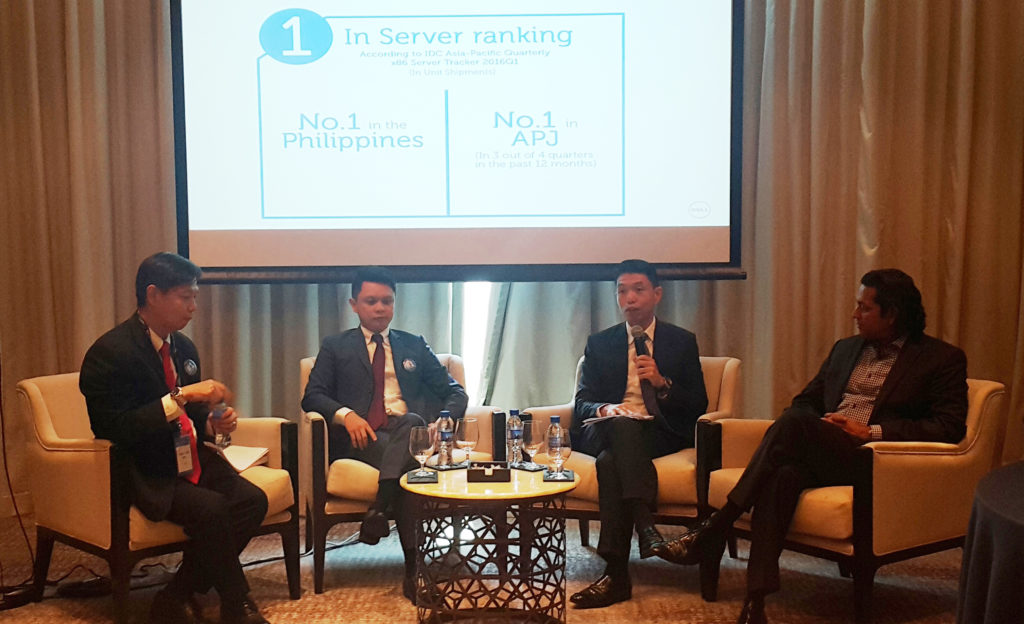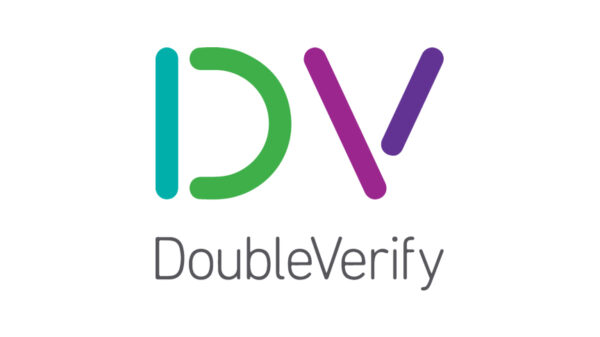The convergence of technologies such as cloud computing, social media networks, mobile devices, and big data analytics, coupled with the evolving customer behavior constitute a significant change that allows organizations to survive and gain advantage in the digital economy.
A study conducted by Olin School of Business at Washington University estimated that 40% of today’s Fortune 500 companies will no longer connected or exist in less than 10 years. To stay in operation, they must undergo transformation.
“In order to survive, companies must embrace digital transformation,” said Ng Tian Beng, Vice President and Managing Director, South Asia and Korea at Dell, as he shares his insights on the potential of digital transformation in the ASEAN region during the Dell User Forum 2016 held at Shangri-La at the Fort in Metro Manila, Philippines.

Chue Chee Wei, Managing Director, Dell Malaysia, Singapore, Indonesia and Philippines; Christopher Papa, Country Manager, Dell Philippines; Ng Tian Beng, Vice President & Managing Director, Dell South Asia and Korea; Gaurav Chand, Vice President, Enterprise Solutions Group Marketing, Dell Inc.
Ng claimed there is a huge opportunity for companies which embrace technology to be successful in the digital age. Organizations should leverage on new technologies to come up with more innovative products and services that attract new customers and retain existing ones.
“Being future-ready means being open and ready for change and in embracing technology,” he said, adding they have different examples of companies that actually became successful in doing that. He also said the technology is available and at Dell, they have all end-to-end solutions that allow companies to be successful.
Philippines ahead of Asia
Ng also cited the Philippines as being ahead in Asia, in general, in digital transformation. “It is a nation of workplace. It is changing,” he said.
For a future-ready strategy to be successful, it must have the following components: transform and optimize infrastructure and applications; inform the organization by delivering greater insights; people should connect to each other and resources they need, as well as protecting and safeguarding data, environment and organization.
Ng said organizations embracing digital transformation are much more successful compared with those which are not. An IDC Future-Ready Index report commissioned by Dell showed that future-ready IT firms – with technology solutions built for performance and scalability – can have up to 108% hike in revenues, and a 56% improvement in customer satisfaction and retention. With cloud solutions, business results will grow 30%, while with converged solutions – pre-integrated storage, networking and compute power – costs can be reduced by up to 29%.
A research called Dell Future-Ready Economies Model, which measures how an economy enables its people and organizations to access new tools and new ideas that deliver better connections, and better outcomes, showed that cities that offer mobile networks and Internet accessibility are poised to achieve high levels of growth in the coming years.
The study revealed that among Dell’s recent Global 50 ranking, 14 cities in the Asia Pacific are among 50 future-ready economies worldwide.
While the results of these studies favor digital transformation, there are challenges that organizations have to face while embarking on the journey and these include staying relevant in the digital economy era when faced with more disruptive competitors and over the top (OTT) players in the ecosystem; aligning strategy and execution such that ideas from the top translate effectively into positive business outcomes, especially when constant turnover can derail efforts; locating talent with the right skill sets to lead and deliver challenge; and leveraging the Internet of Things (IoT) to capture new sources of big data for business advantage.
To address these challenges, Ng mentioned seven pointers that organizations should follow in order to have a smooth digital transformation. These include the following: changing the way technology is perceived within the organization; paving the way for innovative leadership; looking at business models in new ways; investing in talent; rethinking systems and processes; establishing partnerships with comprehensive ecosystems; and continue to innovate.
To find out organizations which have already embrace transformation, Dell has worked with IDC and interviewed about 2,000 customers globally. The study found out that only 18% are true future creators or those that truly embrace digital transformation, i.e, they are using technologies like cloud and big data to truly improve the experience for their set of customers; while 82% are somewhere on the journey or not there yet.

















































































































